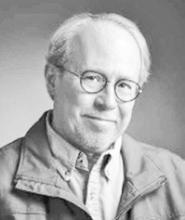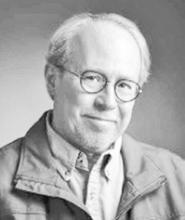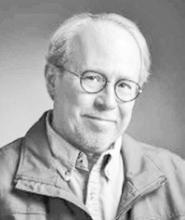Dear Rusty: Both my wife and I have worked our entire lives. When we retire, will we both be entitled to full benefit amount each, or will there always be a spousal factor in there? Also, how are those benefits calculated - based on your highest salaries throughout your career, or your ending salaries when you retire? Signed: Looking Ahead Dear Looking: Prior to retiring from work is a smart time to investigate how Social Security will fit into your golden years. To answer your second question first, each person’s personal SS retirement benefit is based on the highest earning 35 years over their entire lifetime, with earlier years adjusted for inflation. The person’s Average Indexed Monthly Earnings (AIME) - essentially the person’s lifetime average inflation-adjusted monthly earnings amount - is first determined. Using AIME, the person’s Primary Insurance Amount (PIA) is calculated using a special benefit formula which will yield a PIA of about 40% or less of the person’s AIME. The PIA is the amount received if benefits start in the month full retirement age or “FRA” is attained (as you can see, Social Security likes acronyms).












